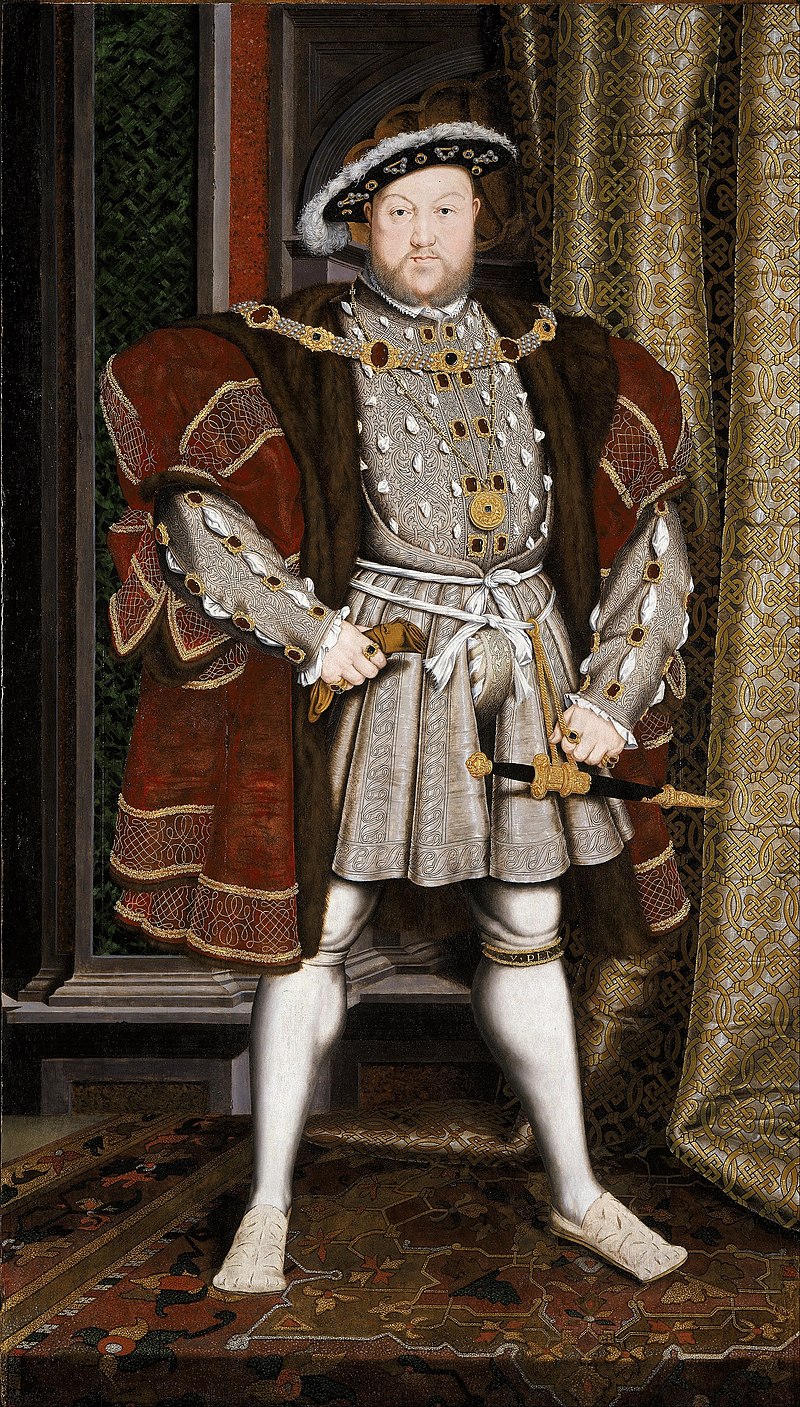Henry VIII
Past time with good company
I love, and shall until I die
Grutch who lust, but none deny
So God be pleased, thus live will I
For my pastance
Hunt, sing and dance
My heart is set
All goodly sport
For my comfort
Who shall me let?
Youth must have some dalliance
Of good or ill some pastance
Company me thinks then best
All thoughts and fancies to digest
For idleness is chief mistress
Of vices all then who can say
But mirth and play
Is best of all?
Past time with good company
I love, and shall until I die
Grutch who lust, but none deny
So God be pleased, thus live will I
For my pastance
Hunt, sing and dance
My heart is set
All goodly sport
For my comfort
Who shall me let?
Company with honesty
Is virtue, vices to flee
Company is good and ill
But every man hath his free will
The best ensue
The worst eschew
My mind shall be
Virtue to use
Vice to refuse
Thus shall I use me
About the piece:
"Pastime with Good Company", also known as "The King's Ballad" ("The Kynges Balade"), is an English folk song written by King Henry VIII in the beginning of the 16th century, shortly after his coronation. It is regarded as the most famous of his compositions, and it became a popular song in England and other European countries during the Renaissance. It is thought to be written for Catherine of Aragon.

- Henry VIII (28 June 1491 – 28 January 1547)


